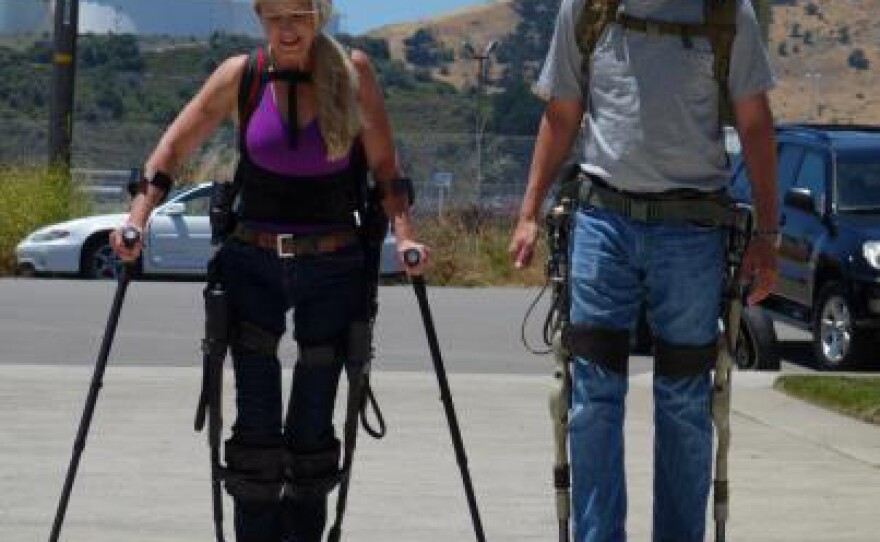David Pogue, popular technology reporter for The New York Times, is the new host of the critically acclaimed science magazine series, NOVA scienceNOW, beginning with the launch of Season Six in October 2012. Featuring four stories in each themed episode, the new season again tackles an array of thought-provoking topics.


Engineering Extra Senses
Cyberneticist Kevin Warwick is developing new ways for us to experience the world with more than just our five senses. Listen to the story
"What Will The Future Be Like?" - Mobile phones that read your mind? Video games that can cure cancer? Wearable robots that give you the strength of Ironman? David Pogue predicts which technologies will transform daily life for you — and your grandkids.
These advancements are already taking shape in laboratories around the world — and gadgets that once were purely science fiction are on the verge of becoming as common as the iPhones and Androids Pogue reviews every day.
Past Predictions: Expert Q&A:
Matt Novak has spent more than five years writing a blog that examines, as he puts it, "the future that never was." Have we learned anything from past predictions that were completely wrong? What types of predictions are more likely to be right? And we have we gotten any better or worse at making predictions?
If you have a question, ask it here by November 16, 2012 at noon. Or "like" the questions you see, and we'll send some of the most popular ones to Novak.
Matt Novak, author of the Paleofuture blog, answers questions about how good (or bad) we are at predicting the future. Paleo-Future is on Facebook, and you can follow @PaleofutureBlog on Twitter.
NOVA is on Facebook, and you can follow @novapbs on Twitter. Follow @Pogue on Twitter.
Watch What Will the Future Be Like? Preview on PBS. See more from NOVA scienceNOW.
Watch Social Robots on PBS. See more from NOVA scienceNOW.





